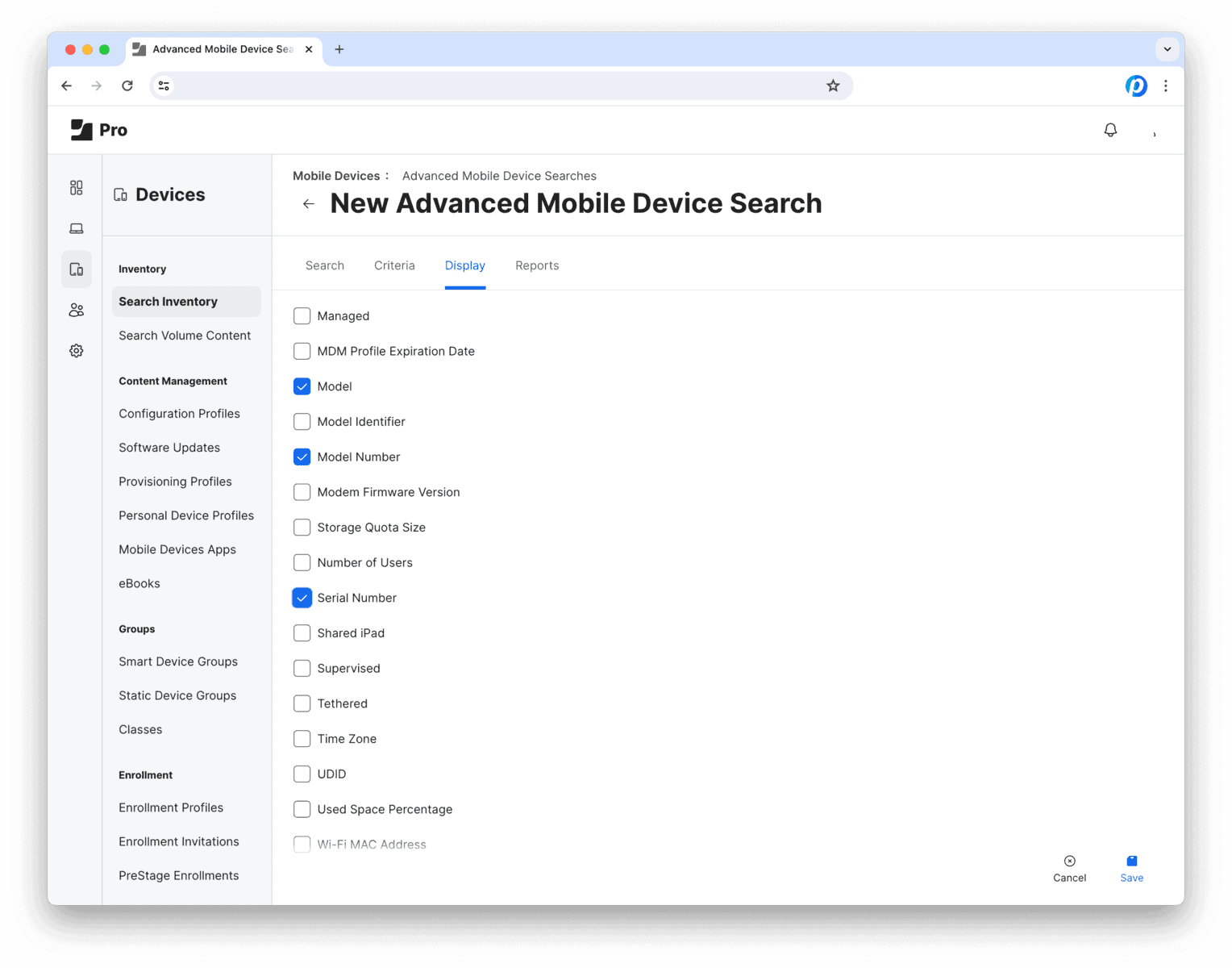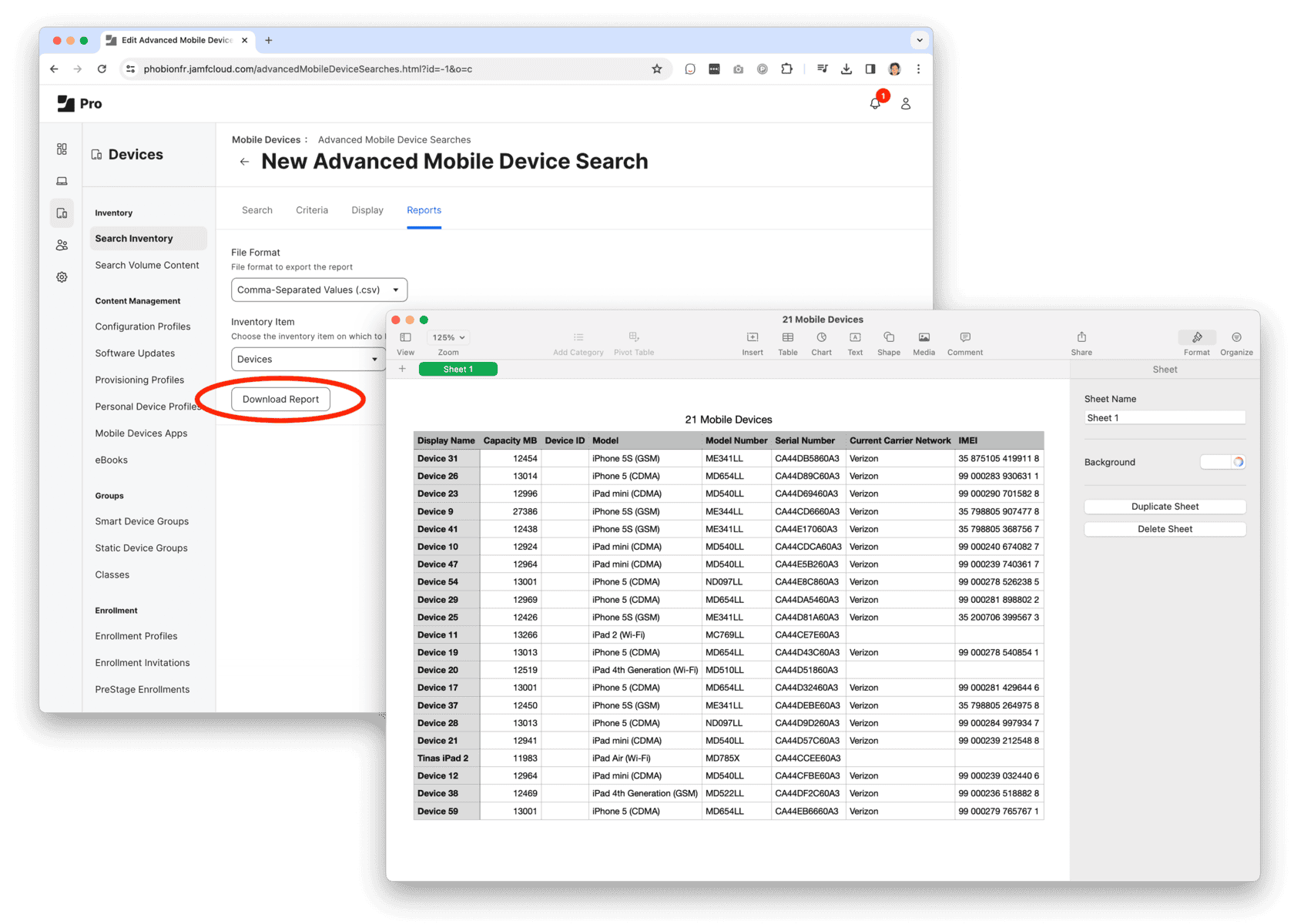Thanks to new communication tools that leverage artificial intelligence (AI), the modern workplace is becoming more efficient, employees are collaborating more than ever, and teams are staying up-to-date on the latest company news and retail promotions. To remain successful among competitors, organizations are using AI-powered technology to enhance the human element, rather than replace it. For example, instead of assigning repetitive tasks to employees that can take beneficial time out of the workday, AI is being used to streamline administrative projects and HR processes.
Integrating chatbots with scheduling applications, HR management solutions, intranet sites, CRMs, and other systems empowers employees to make better business decisions and increases productivity by reducing the amount of time spent looking for information. Machine learning continuously expands chatbots’ knowledge bases which drives automation, operational efficiencies, and scalability as a company grows.
In a PwC survey, 67% of business executives agreed that leveraging AI will amplify human intelligence and will encourage more high-level thought, creativity, and decision-making by allowing them to better analyze data. In addition, more than 60% of consumers believe that AI can reduce the time it takes to get answers while still being highly tailored to their preferences and 63% of business executives believe that AI can offer a superior one-to-one personalized experience.
Improving the Employee Experience
With a market projected to reach $70 billion by 2020, AI is poised to have a transformative effect on consumer and enterprise markets around the world. Most recently, Kronos and MarketSource implemented our AI-enabled workforce communication platform, Rodio, to streamline communications, manage schedules, track employee performance, and streamline payroll operations all within one consolidated platform.
To boost employee engagement and to empower teams to take ownership and solve problems together, Rodio features both group chats and one-on-one conversations that have been proven to promote internal collaboration. According to a study by Gallup, employees who are engaged in their work are 59% less likely to look for a new job.
Rodio’s AI-powered Rodiobot can also increase efficiency by assisting workforces, answering questions, onboarding new employees, and automating tasks. Through conversational language, users can ask any work-related question such as “What are today’s sales promotions?” or “What is my schedule like next week?” and Rodiobot will return an answer in milliseconds. Through machine learning, Rodiobot develops a robust knowledge base that enables both C-Suite executives and front-line employees to make better business decisions.
Rodio also solves a major headache for retailers when it comes to employee availability and responsiveness while they’re not on the clock. According to Cornerstone’s State of the Workplace Productivity Report, 26% of employees feel pressure to respond to work communication outside of work hours. To resolve this issue, Rodio limits communications and notifications to working hours and lets leaders control how often hourly and contract employees are notified.
Overall, virtual work environments allow employees to stay connected and informed while giving them the freedom and flexibility needed to maintain a work-life balance. Chatbots and messaging apps not only promote effective workflow for employees, they also allow employers to reshape the company culture for the next generation of customers and employees. After all, millennials are currently the largest generation in the U.S. labor force. If you’re looking drive operational efficiencies, humanize workforce communications, and inspire employee engagement, adopting AI-powered technology is business-critical.
Interested in learning more about Rodio? Schedule a demo here.








